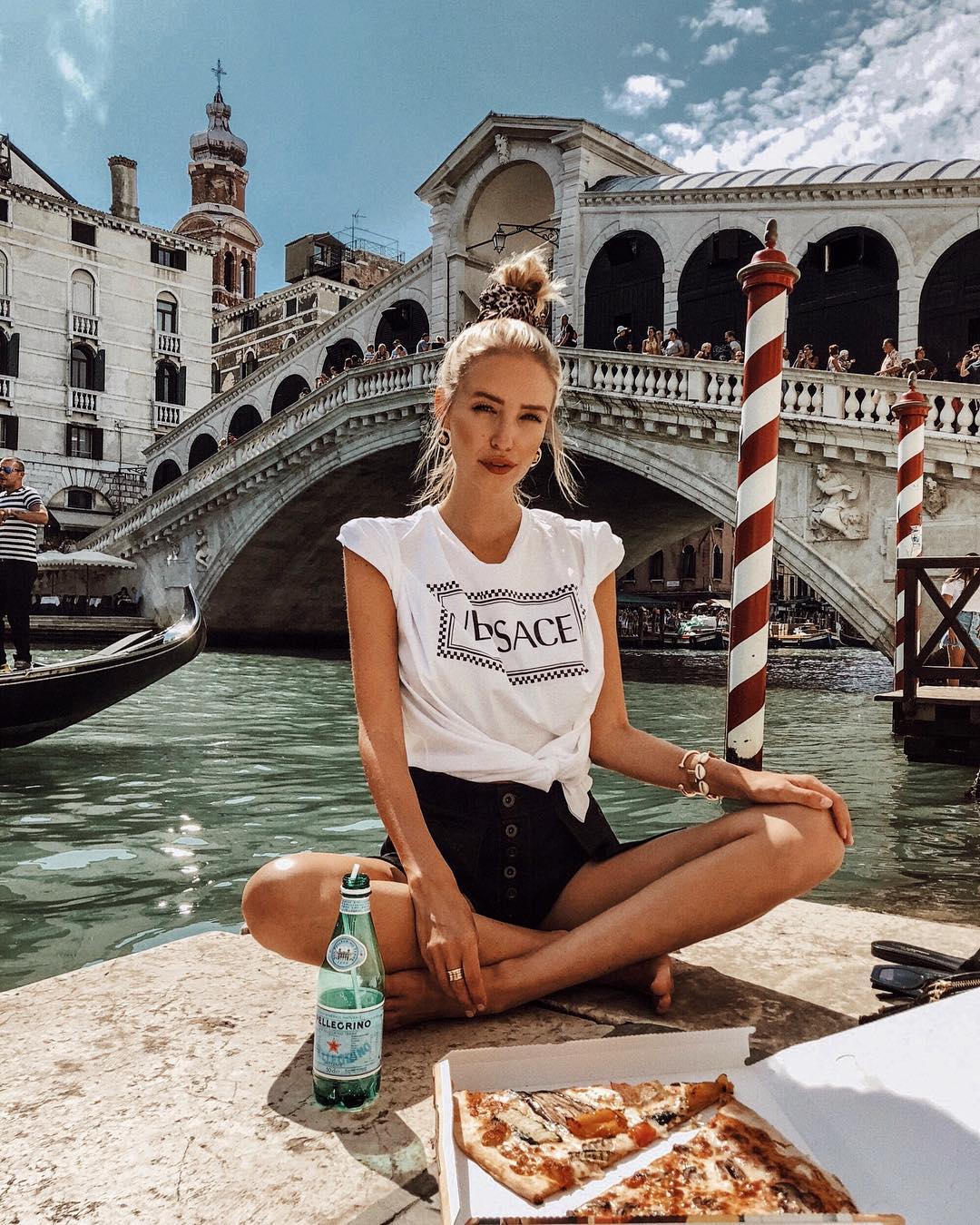Influencers can have a reputation of demanding big pay checks, giving fabricated reviews and selling false, unobtainable ideals, but it’s often the few that ruin it for the many. Can we still trust the opinion of the “influencer”?

There was once a time where influencers were at the top of their tier and trusted, blindly, by their audiences. With stints like Laura Lee’s fake apology and Scarlett London’s unbelievable sponsored post with Listerine, audiences have begun questioning their authenticity. And these two influencers aren’t alone. Everyday, Instagram is filled with sponsored content that is over-exaggerated and staged. Users are starting to realise that such posts provide unrealistic and damaging expectations of everyday life.
The impact of influencers has branded social media as the new form of window shopping. Audiences are more likely to browse their favourite influencers’ Instagram feed to get ideas about current styles and particular brands before trawling through magazines.YouTube and Instagram are now utilised during the browsing stages of shopping, and apps like LIKEtoKNOW.it, who work with popular fashion bloggers and influencers, exist solely for this purpose.
Statista revealed that the global influencer market on Instagram is estimated at just over 1 billion US dollars. Most brands are dedicating huge sums of their marketing budget in order to work with influencers, with Bazzarvoice reporting that 78% of American and European markets working with them last year.
A new trend is sending influencers on sponsored, lavish holidays. Brands like Revolve, Benefit, Daniel Wellington and Tarte are doing the most by sending a group of influencers to some dreamy location to showcase a new product release or promote their name to each significant and relevant following. So, can you trust an influencer’s opinion on a brand as they’re posting pictures on their all-expense-paid vacation in Bali?
According to NewsWhip, from a study conducted on the top 50 influencer accounts, the average number of sponsored posts over two-and-a-half months was nine posts per influencer. Some in the industry have shared that particular influencers are asking for up to $20,000 for a single video or Instagram post. While many claim that they won’t accept a sponsorship if they’re not already fans of the brand, it still has audiences questioning just how much they’d be willing to turn down.

It’s clear that in an attempt to appeal to a broader market, brands have shifted from hiring celebrities as official ambassadors to hiring social influencers. The symbiotic relationship is one built on trust: as the audience is being led to believe that they’re being privy to an influencer’s life, they trust that the products and experiences they are endorsing are genuine. It’s a lot easier to relate to a Sydney blogger gushing about her favourite mascara than it is to see Angelina Jolie wearing the same product at the Oscars, and it is that perceived authenticity that make the influencer market so profitable. Money can’t buy that type of trust.
Despite the potential for misleading content, not every influencer is out to cheat the system. While audiences should be wary of the intentions of their favourite influencers, there are still many out there that are in it for the right reasons. Influencers have the opportunity to build relationships and credibility with their fans. Everyday we scroll past images from creators that showcase how passionate they are about their subject matter. Just last year, YouTuber Patrick Starrr collaborated with MAC Cosmetics for their biggest launch of the year. Australian influencer Brittney Saunders has taken her 605,000 followers and turned it into Fayt The Label, her own clothing brand. Everyday, new influencer-run podcasts are being released or someone is expanding their brand.
When scrolling through any influencer’s Instagram feeds, just remember to take it all with a grain of salt. Obviously, these images are all constructed with the intent to sell, but it’s up to us as consumers and an influencer’s target audience to not just trust everything we see. Ultimately, it’s up to the autonomy of the consumer to determine whether or not a sponsored post by a beloved Instagram star is worth buying. It looks like the power of the influencer is here to stay, with the general public steering ever further from traditional marketing techniques. Because of the perceived “authenticity” of each Instagram post, viewed as a snapshot of the influencer’s “everyday” life, we will definitely see them take up more and more of the marketing sphere.
Flat-tummy tea, anyone?
Who is one influencer you completely trust the opinion of? Let us know in the comments!







